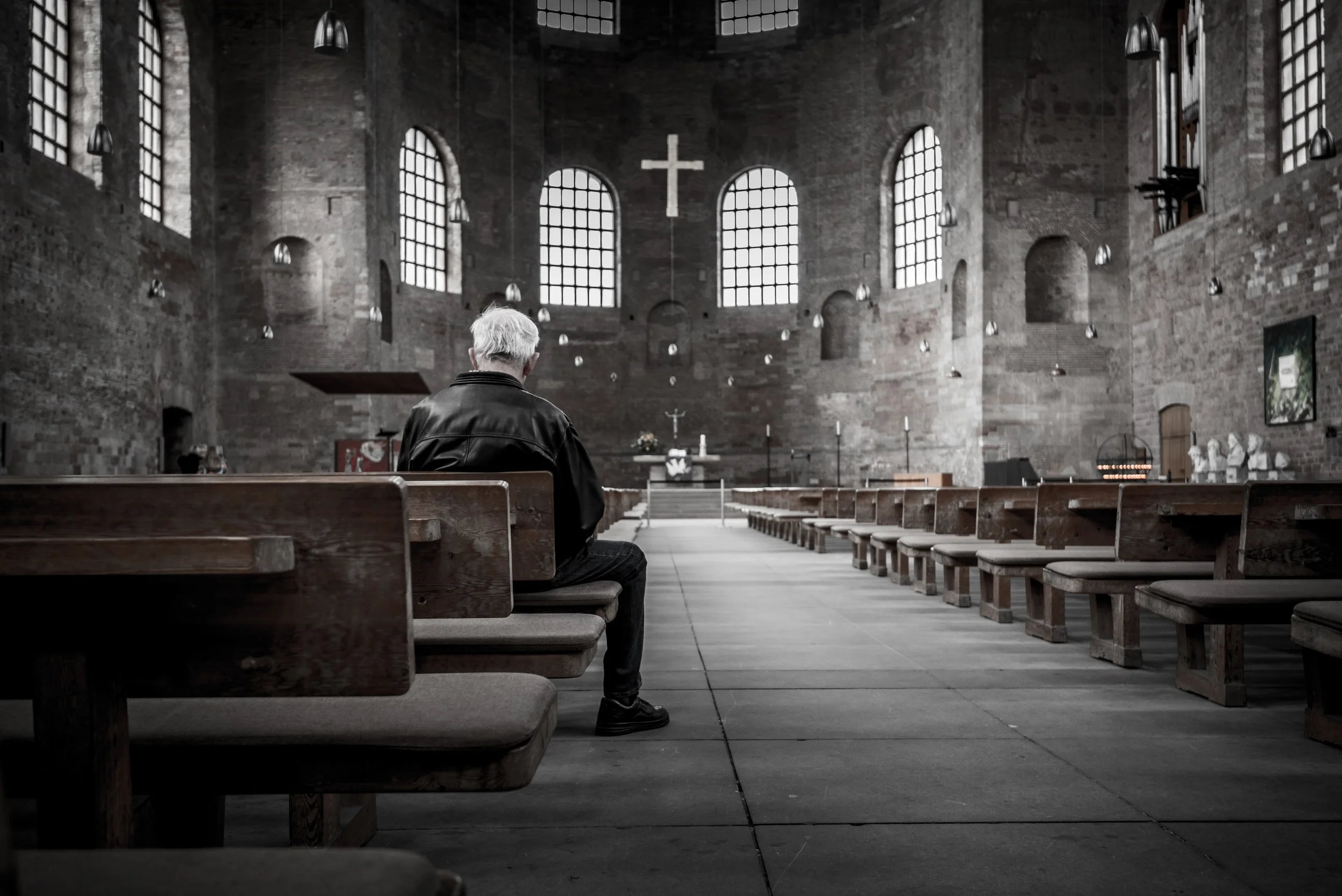At a time when our national conversation is so contentious and angry, focusing on local issues and institutions is just the medicine we need to find healing for our country. It may seem counter-intuitive, but “keeping the home fires burning” is the answer to the flaming rhetoric on the national stage. The greatness of America is found in the soil of its local communities and institutions, not in the airwaves of network television.
America is truly a unique phenomenon in the history of the world. Nowhere has neighborly love and individual freedom been put into practice more than in this country of immigrants and pioneers. Our forefathers, and many who came after them, left their homes in search of a new kind of country where hope and possibility thrive and where lending a hand and looking out for your neighbor were as natural as their dreams. What they built over these more-than-two centuries is the envy of the world.
While the Old World was often suspicious and patronizing toward the upstart nation, one political scientist and historian was so curious about America’s success he made an extensive survey of our country’s life and institutions. Alexis de Tocqueville traveled to the United States in the early nineteenth century and documented his findings in his book Democracy in America, published in 1835. His conclusions about what made America great are as important today as they were then.
Tocqueville noted that Americans were self-reliant, but also generous in donating their time and energy to projects that benefited the community. He called this "self-Interest rightly understood." Voluntarily joining together in associations to tackle the needs of the local community, Americans combined the right of association with the virtue to do what is right. This secret of American democracy is the lifeblood that has made America the great nation it is today. And we need to continue this focus to be the blessing the world expects us to be.
I suggest we listen less to the national news and listen more to our neighbors. Let us think local, in our circle of influence, rather than gazing at our screens filled with concerns we can do nothing about. There are agendas behind the headlines. Why should we become pawns in other people’s chess game? Our task is to love our neighbor, love our town, love those near us.
This is not to neglect the stranger or become indifferent to our world, but we best serve our world by building a home that shows others how to live well and raise families that can seed our world with goodness and virtue. It’s not about loving humankind, it’s about loving real humans. It’s about loving our neighbors.
